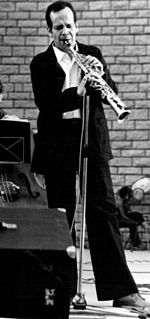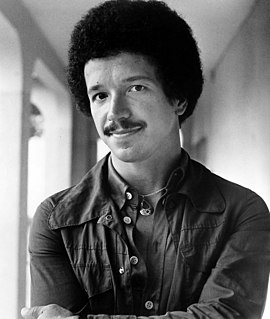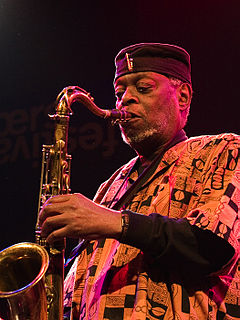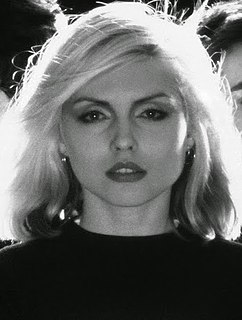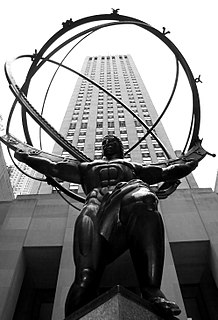A Quote by Steve Lacy
You have to sound sad first of all, then maybe later you can sound good.
Related Quotes
When we sit in meditation and hear a sound, we think, 'Oh, that sound's bothering me.' If we see it like this, we suffer. But if we investigate a little deeper, we see that the sound is simply sound. If we understand like this, then there's nothing more to it. We leave it be. The sound is just sound, why should you go and grab it? You see that actually it was you who went out and disturbed the sound.
Think of the sound you make when you let go after holding your breath for a very, very long time. Think of the gladdest sound you know: the sound of dawn on the first day of spring break, the sound of a bottle of Coke opening, the sound of a crowd cheering in your ears because you're coming down to the last part of a race--and you're ahead. Think of the sound of water over stones in a cold stream, and the sound of wind through green trees on a late May afternoon in Central Park. Think of the sound of a bus coming into the station carrying someone you love. Then put all those together.
We needed to make a sound that's not gonna fit in with everything else - we wanted to make something that was completely unique and individual to us. We spent a lot of time trying to make a sound that was a One Direction sound. At first it was quite hard to do that, but I'm really happy with the sound.
Later as the day cools and they have gone in, the cry of the corncrake will carry across those same fields and over the lake to the blue-hazed mountain, such a lonely evening sound to it, like the lonely evening sound of the mothers, saying it is not our fault that we weep so, it is nature's fault that makes us first full, then empty.
As soon as they say I don't sound as good as my old stuff, I tell them, "I would never sound as good as I first sounded, because you guys didn't know who I was. Being that I'm in rotation, you guys are getting used to the sound, so now you expect another track and another track, but it never happens again, no matter how hard I try."
I collaborated with a brilliant young sound designer named Anthony Mattana, who enriched the sound of the total production with vocal effects, percussive and other sounds. He also mixed the sound effects and the music, using the theater's first rate sound system to complement the theater's acoustics. This completed my score.
Like how stars might sound. Or moons But not mountains. Too floaty for mountains. It's a sound like one planet singing to another, high stretched and full of different voices starting at different notes and sloping down to other different notes but all weaving together in a rope of sound that's sad but not sad and slow but not slow and all singing one word. One word.
I'm very interested in vertical space.I want the players to listen to their sound in such a way that they hear the complete sound they make before they make another one. So that means that they hear the tail of the sound. Because of the reverberation, there's always more to the sound than just the sound.
